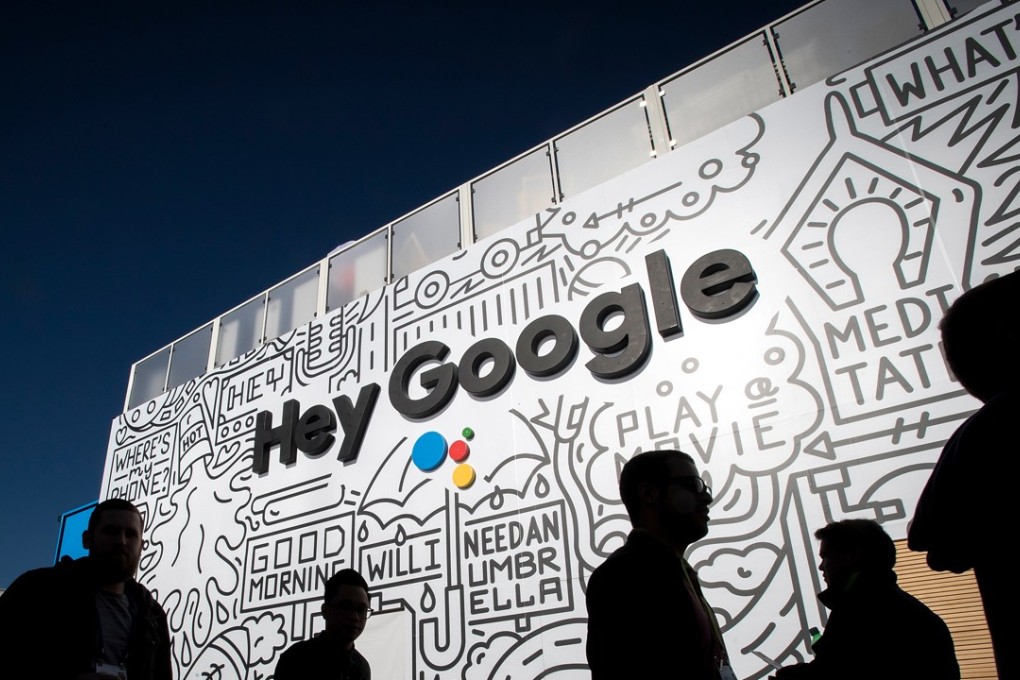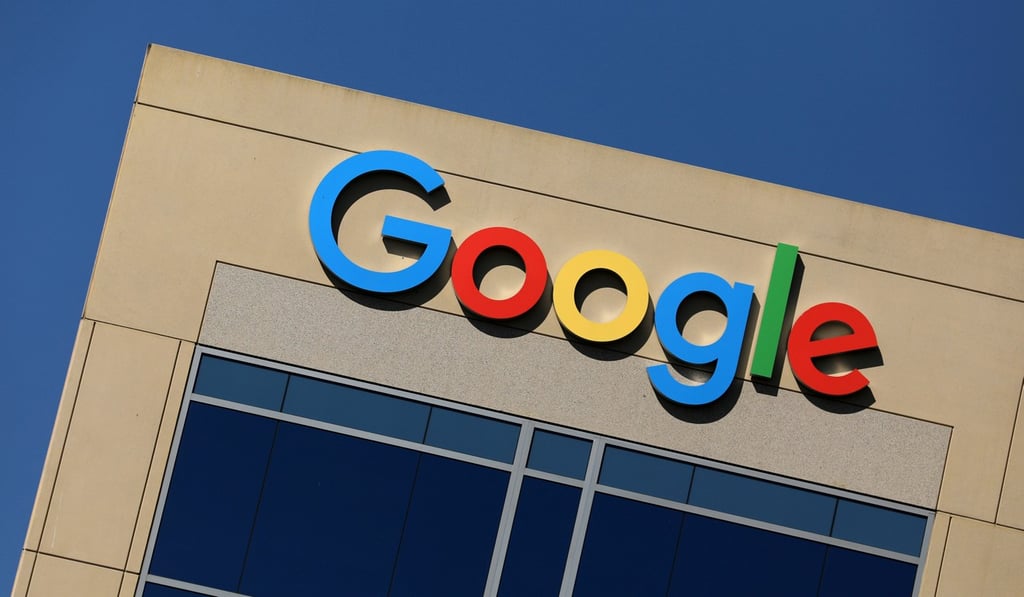Hey Google, who’s the biggest-spending lobbyist in Washington? It’s you
The internet giant spent US$18m in 2017 lobbying on issues ranging from immigration to tax reform, becoming the first tech firm to top the spending chart of Washington influencers

Google for the first time spent more than any other company in 2017 to influence Washington, highlighting both the sprawling reach of the country’s thriving tech industry and the rising concern by regulators and lawmakers of its ascendance.
All told, the search giant spent more than US$18 million to lobby Congress, federal agencies and the White House on issues such as immigration, tax reform, and antitrust. It also spent money to weigh in on an effort by lawmakers and regulators to regulate online advertising, which is at the core of Google’s business, according to disclosures filed to the Senate Office of Public Records.

Google was not the only tech giant to ramp up spending in the nation’s capital. Facebook, Amazon and Apple all broke their own company records by pouring money into lobbying operations. Facebook increased spending by 32 per cent in 2017 over the previous year, while Apple increased its expenditures by 51 per cent. Combined, the four companies devoted about US$50 million toward lobbying efforts during President Donald Trump’s first year in office.
Last year was pivotal for Silicon Valley and the broader world of tech. Industry executives publicly clashed with the president on hot button issues, such as immigration and climate change. Social media companies were hammered by lawmakers for allowing Russian operatives to spread divisive content on their platforms before and after the 2016 presidential election. And the potential for tech companies to abuse their market power is drawing scrutiny from regulators.
Despite soaring profits and stock prices, the industry also faced public backlash, as issues such as sexual harassment, the spread of hate speech, and political bias by tech companies gained greater currency in the national debate.
Corporate lobbying typically has been dominated by telecom, energy or defence firms. Last year, the other top spenders were AT&T, Boeing, and Comcast. But tech companies have been quickly rising within the ranks of big Washington spenders for years.